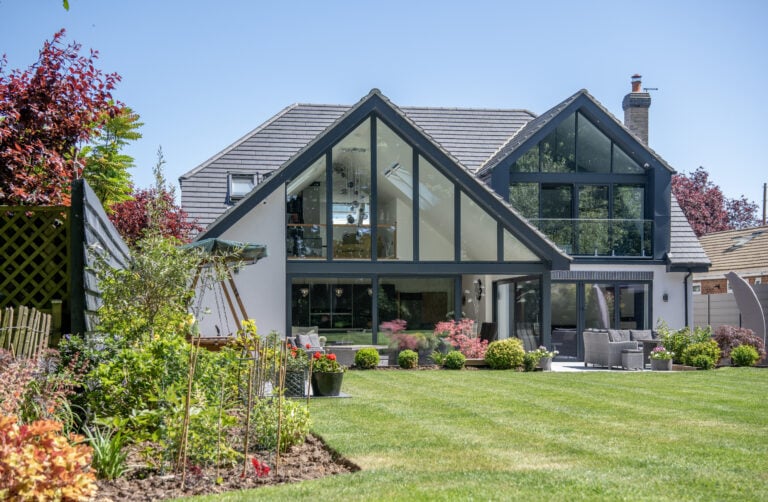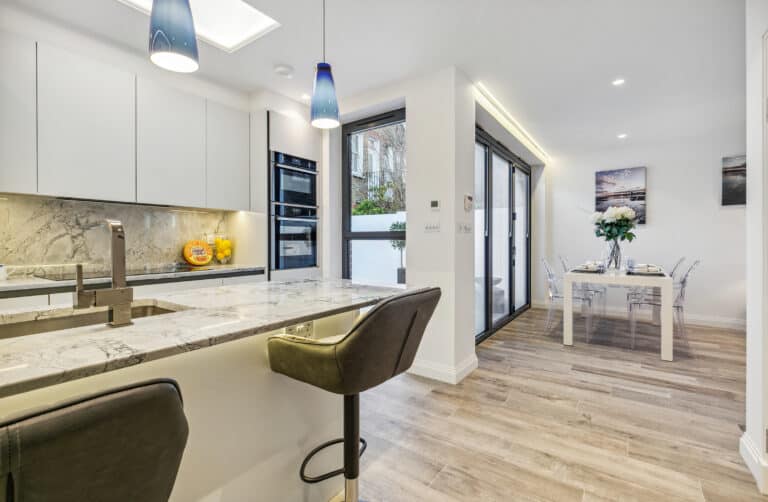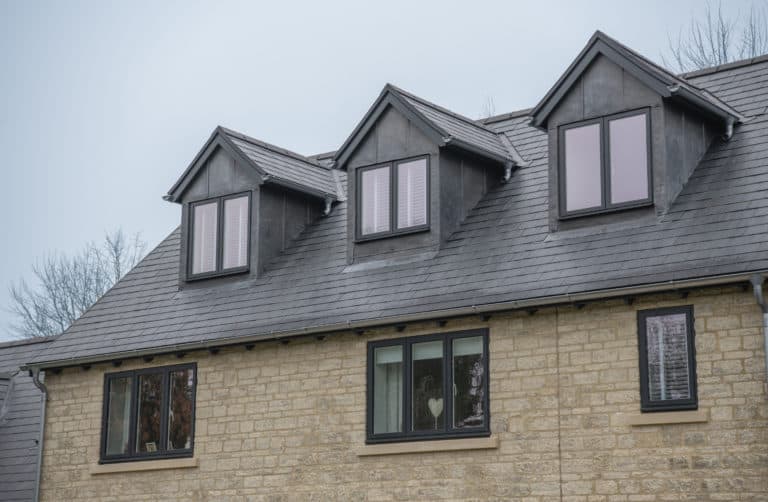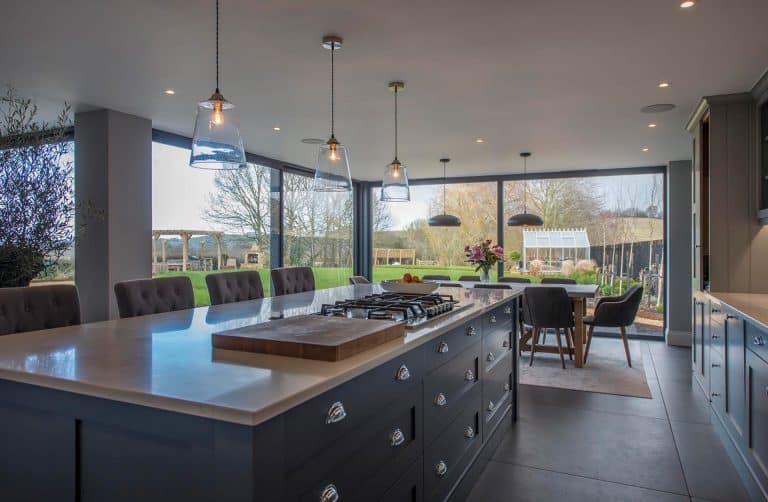How long do windows last?
It goes without saying that windows are an integral part of making your house feel like home. Not only do they let in plenty of natural light to brighten up dark spaces, but their well-crafted glazing helps to keep everything snug and warm in those cold winter months.
But just like anything you use regularly, eventually, they will need replacing with a new set. And that begs the question, how do you tell when your windows are ready to be switched out?
To help you decide whether or not your current windows are in need of swapping, here’s everything you need to know about the lifespan of the average window, as well as looking for important signs you might need new windows in the future.

How long do windows last before they need replacing?
Unfortunately, there is no singular average period of time that denotes how long a window may last, and some parts of them may actually need replacing before others. For example, you could find that your window frames are in perfect condition, but the glazing is in need of replacement due to damaged panes or sealant.
However, generally speaking, a decent set of double-glazing will last you anywhere from 15-20+ years, depending on how well you look after it, and as a rule of thumb, you should not invest in windows with a warranty lower than this if you want to get your money’s worth.
Of course, on top of glazing, you also need to consider the material your window frames are made out of. And as every window frame material has different properties, they naturally have different shelf lives:
- Wood – a favourite of anyone after a traditional window frame style, timber frames can last for 50 years or more if looked after properly. This means adding fresh coats of paint and varnish every few years to protect it against rot, but that’s a small price to pay for long-lasting windows.
- uPVC – a common material in many modern builds, while cheap, uPVC also has one of the shortest timespans before it needs to be replaced, with some frames requiring replacement after as little as 15 years.
- Aluminium – a material that’s grown in popularity in recent years, aluminium window frames are highly durable and weather-resistant, able to withstand the elements for 40 years or more thanks to their metal properties and requiring minimal maintenance.
If you’re interested in learning more about choosing between frame materials, explore our guide to aluminium vs uPVC windows.
What are the signs you need new windows?
When it comes to the lifespan of your windows, it can sometimes be hard to tell at a glance if the wear-and-tear has set. With that in mind, the following are key signs to look for when assessing your window’s health:
- Water in the frame – if there are beads of water between your glazing panes, then it most likely means that the sealant around the glass has broken, allowing the gas inside out, and condensation to set in, while also reducing their soundproofing and insulative properties.
- Loose or tight opening – if your windows no longer open smoothly and instead lock up or slam shut, then it likely means that the hinges that work the opening mechanism are damaged, making it difficult to open your window properly.
- Warped frames – excessive exposure to bad weather, and a poor seal around the frame, may eventually warp the shape of your windows. This can lead to drafts and leaks, which in turn can cause further warping, mould, and rot.
- Obvious drafts – an obvious draft is anywhere around your window where outside air can freely flow in. This could be a gap between the frame and the wall, or between windows themselves. Either way, a draft of any kind will contribute to colder rooms and increase heating bills.
- Frame rot – if at any point your spot rot and large mould patches around your windows and frame, it likely means the seal has broken and water is getting in, damaging the frame and overall window structure.
Of course, these are not the only signs to keep an eye out for when determining when to replace your windows, and any visible damage, such as a cracked pane, should be replaced as soon as possible.
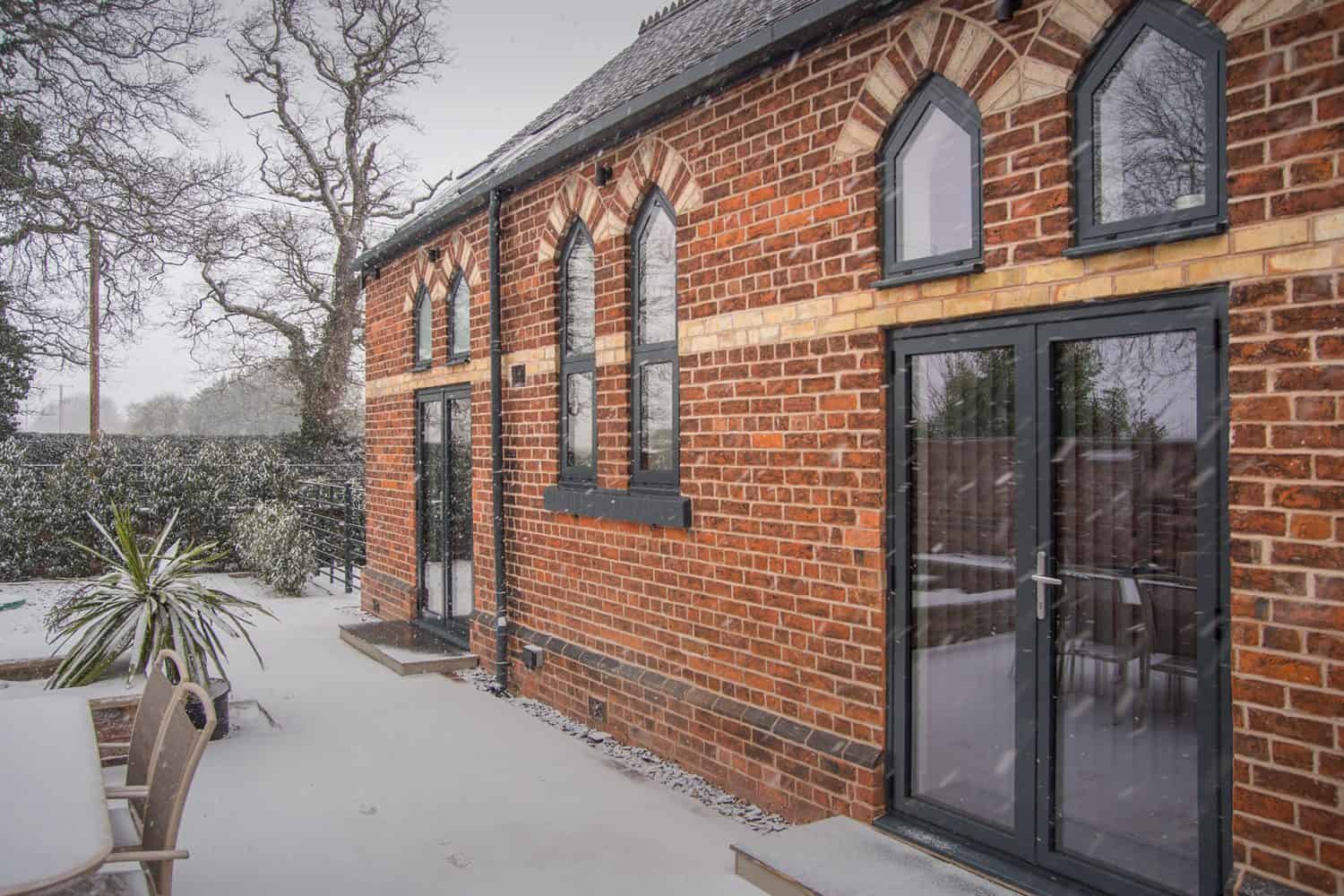
How often should windows be replaced?
Just because your windows are old, that does not necessarily mean you need to replace them straight away, and in many cases, your windows may last longer than their advertised shelf life.
For example, if you’ve had your windows for 20 years and they have no obvious problems, then you can likely leave them untouched. And if part of them is beginning to wear out, then it might be more cost-effective to simply replace that single part, rather than the whole frame.
How to replace a window
If you’ve reached this point in the article and you’re thinking that your windows are definitely in need of replacing, then you might be wondering if it’s possible to replace them yourself to save on costs.
And to this, we’d say, probably not. Replacing even a small window is no simple task, and runs the risk of you making a mistake that could cost you more in the long run than if you’d simply hired a professional to begin with.
By hiring a professional, you’ll ensure your windows are installed to the industry standard, and that they’ll last you for decades to come without issue.
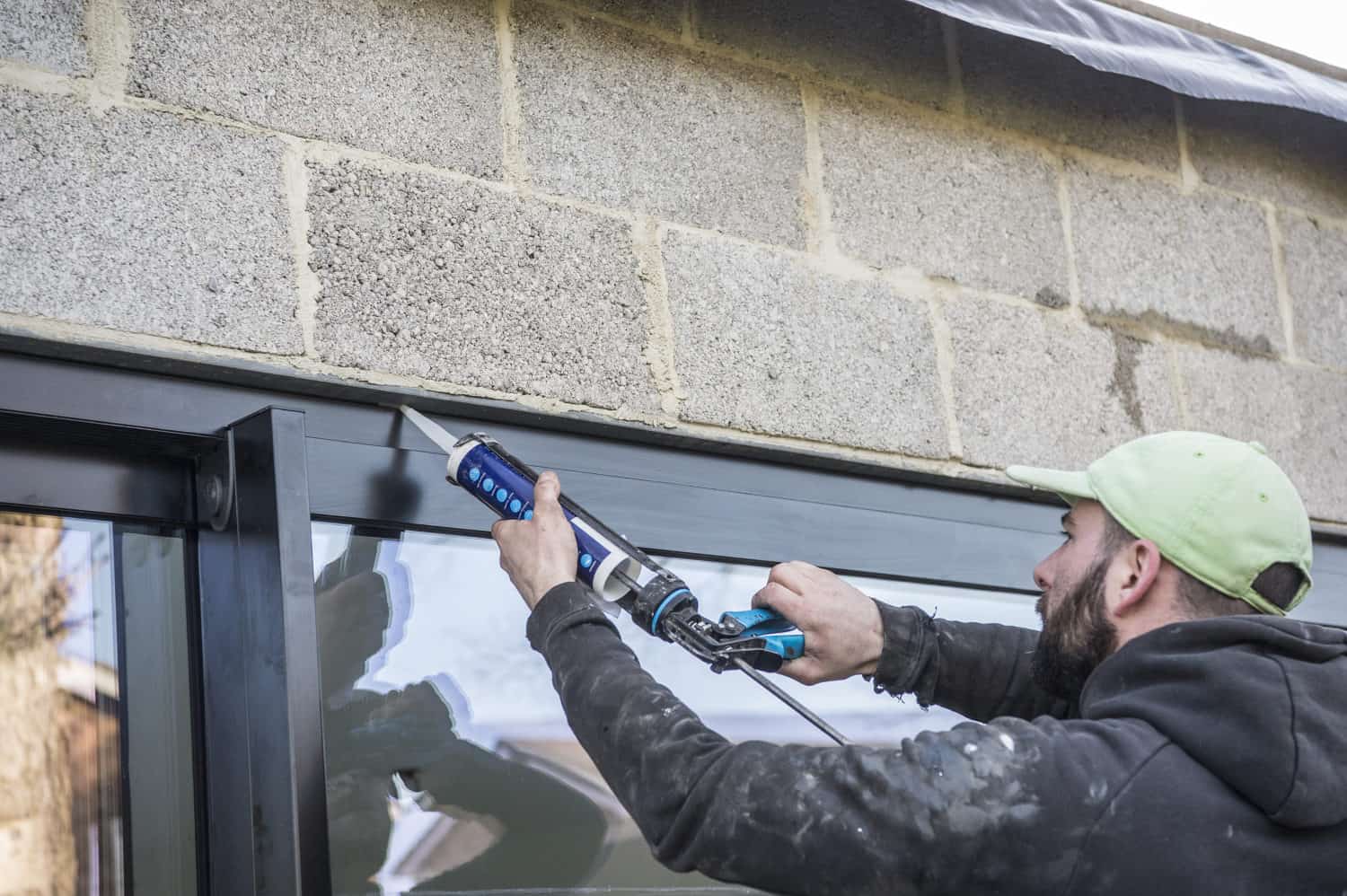
Naturally, if you are looking to replace your windows, then you should get in touch with the team at Express Bi-folds. We have over a decade of experience making bespoke windows, glass roof systems, and aluminium doors, as well as sliding and bi-folding doors for rooms that you want to open up to the outside.
Contact us today to see how we can help with your next renovation project or come and visit us in person at one of our showrooms to browse our full product range. Don’t forget to browse the rest of our blog as well for more insightful pieces like this one – including how to improve home and window security to deter burglars!
